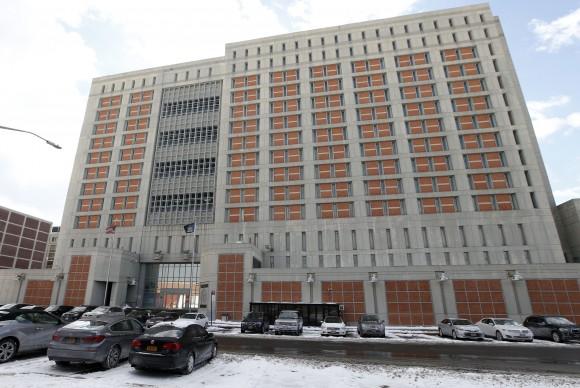NEW YORK—Dan Zhong’s two-story home in Livingston, New Jersey, is unremarkable by suburban standards, but the businessman’s lawyers have told a judge he is willing to pay $144,000 per month to turn the place into a private jail where he can comfortably await trial on charges he exploited immigrant Chinese laborers.
His proposal is the latest example of wealthy people facing potentially long prison terms who have asked to finance their own, extravagant house arrests, highlighting inequities between them and defendants of lesser means who languish behind bars and spawning a cottage industry of former federal agents and police officers working as private guards.
Zhong, 47, a former Chinese diplomat and legal U.S. resident, is accused of forcing immigrants to work on construction projects at Chinese diplomatic facilities in the U.S.
For now, he is a prisoner at the fortress-like Metropolitan Detention Center in Brooklyn. But he has resources other prisoners don’t. His uncle is a Chinese billionaire, Wang Wenliang, who has drawn scrutiny over his large donations to American political campaigns and nonprofits like the Clinton Foundation.






